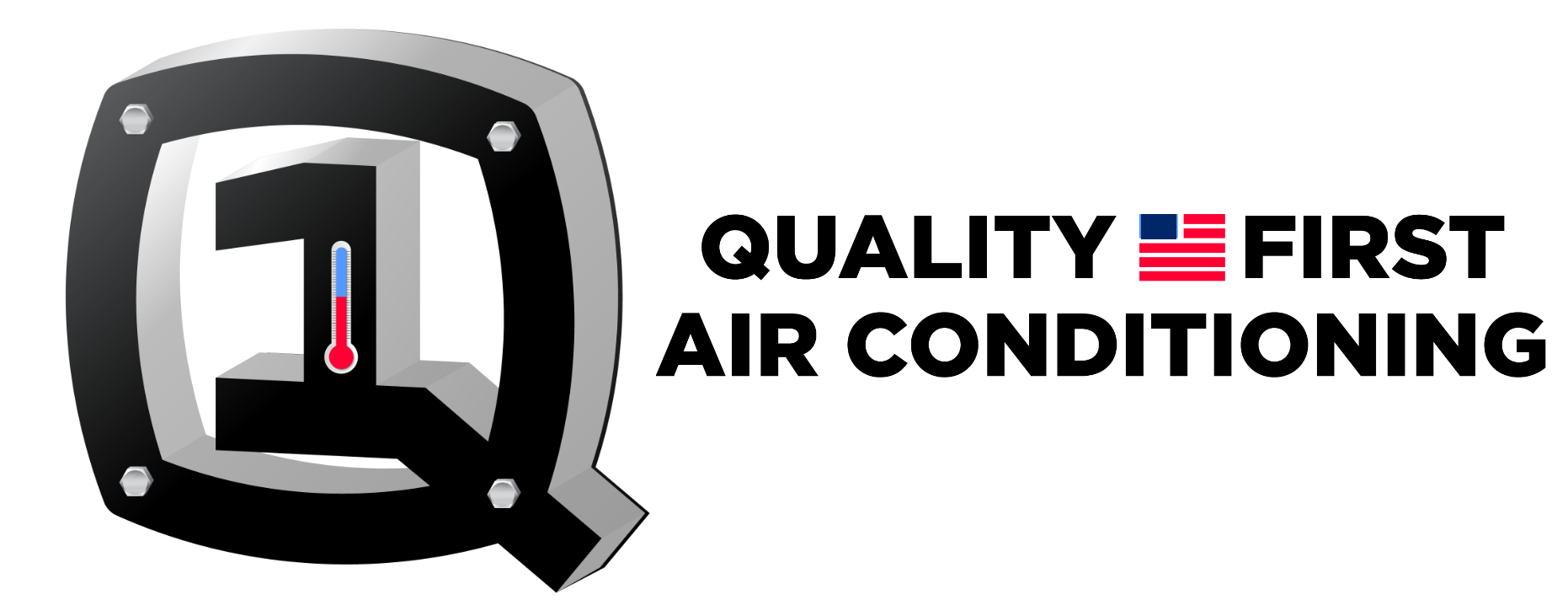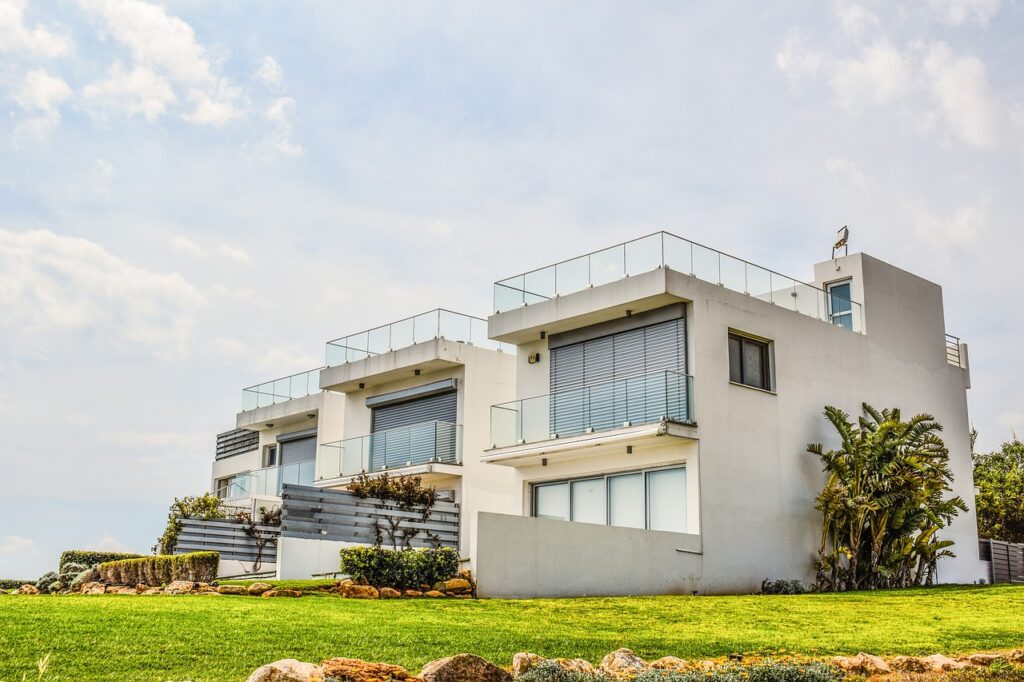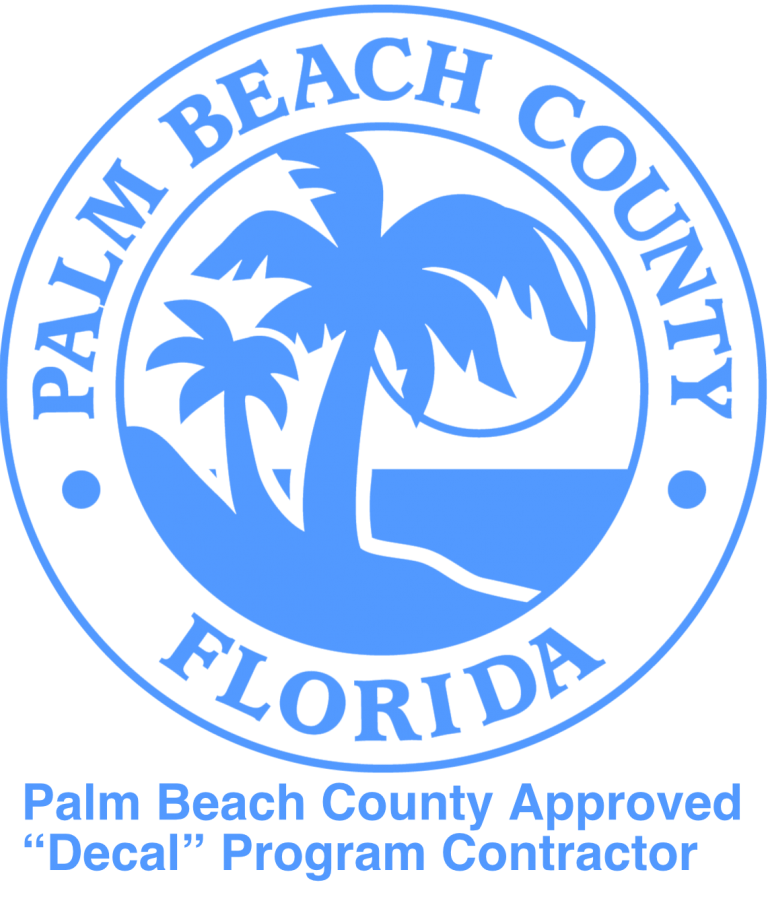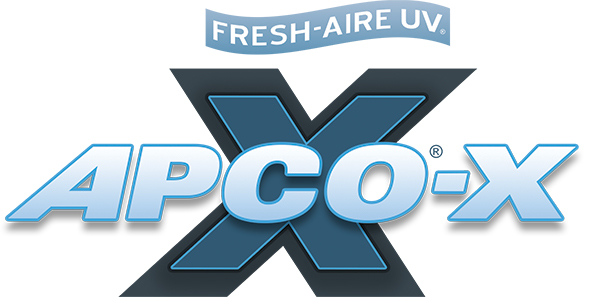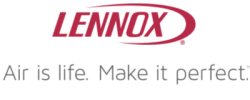-
Traditional Air Conditioner or Heat Pump for Warmer Climates? Pros and Cons Analysis
-
-
Which is more suitable for warmer climates, a traditional air conditioner or a heat pump?
-
What are the key differences between a heat pump and an air conditioner?
-
How do I assess the energy efficiency of a heat pump or air conditioner?
-
Are there specific installation insights to consider when choosing between these HVAC systems?
-
How does maintenance differ between an air conditioner and a heat pump?
-
In warmer climates, choosing between a traditional HVAC system and a heat pump can be crucial for homes. The key takeaways are that the right choice can greatly impact the comfort and energy efficiency of the house. Understanding the pros and cons of traditional air conditioning units is key to making an informed decision for your house. Factors such as energy efficiency, system features, and the specific climate in which you live all matter when determining which cooling solution, such as electric heat pumps or traditional air conditioning, will work best for you. Whether you choose central air or air sealing also plays a role in finding the most suitable option. This blog post delves into the differences between air conditioning and heat pump cooling systems, providing insights into their performance in hot climates. The key takeaways include how these systems perform in various United States states with warmer temperatures. By uncovering the key distinctions and benefits of each model, you can make a more informed choice that aligns with your unique lifestyle needs when it comes to homes and houses. Additionally, considering the available space and the importance of air sealing will help you make the best decision.
Heat Pump vs Air Conditioner
Traditional air conditioners and heat pumps operate differently. Air conditioners in hot climates use a refrigerant to absorb heat from indoor air in homes and transfer it outside, while heat pumps can reverse this process, extracting heat from the outdoor air and transferring it inside houses.

This means that in warmer climates, where temperatures are consistently high, an air conditioner is generally more efficient at cooling indoor spaces in a house or home. However, for homes in hot climates with milder summers, air sealing may be equally effective at maintaining comfortable temperatures indoors.
In terms of effectiveness in maintaining a comfortable indoor temperature during hot weather, your home is crucial.
-
Traditional air conditioners are perfect for cooling down indoor spaces in hot climates, making them an ideal choice for home cooling. They excel in quickly lowering the temperature when it’s significantly higher outside.
-
Heat pumps might struggle to maintain the same level of cooling efficiency as traditional air conditioners at home under extreme heat conditions due to their reliance on extracting heat from the outdoor environment.
Understanding HVAC Systems
How Heat Pumps Work
An indoor air heat pump operates by transferring heat from one place to another in the home using a refrigerant, which changes states between liquid and gas. The home compressor increases the pressure of the refrigerant, causing it to release heat as it condenses into a liquid in the outdoor coil. Then, as the refrigerant moves into the home and expands, it absorbs heat from the indoor air, cooling it down.
This home mechanism allows home heat pumps to efficiently provide both home heating and home cooling functions. In warmer home climates, they can extract heat from indoor air and transfer it outside for cooling purposes. This versatility makes them an excellent choice for home regions with milder winters.
Components of a Heat Pump System
The main components of a home heat pump system include the evaporator coil (indoors), condenser coil (outdoors), compressor, and refrigerant. The evaporator absorbs heat from inside your home while the condenser releases that absorbed heat outside.
The unique ability of heat pumps to reverse their operation enables them to cool or warm home spaces effectively based on your needs. When operating in heating mode, home heat pumps absorb heat from outdoor air or ground and transfer it indoors; conversely, when functioning as an air conditioner during warmer months, they remove indoor warmth and expel it outdoors.
Traditional Air Conditioning Process
Traditional home air conditioners work by removing warm air from inside your home through a process involving its key components: evaporator coil (indoors), condenser unit (outdoors), compressor, and refrigerant. As warm air passes over the cold evaporator coils in your home, filled with chilled refrigerant, moisture is removed alongside excess warmth before being recirculated back into your living areas at cooler temperatures.
While effective at lowering indoor temperatures during hot weather conditions in many locations worldwide, traditional home air conditioners’ efficiency can decrease significantly in extremely hot climates due to their reliance on external temperature differentials for effective operation.
Assessing Energy Efficiency
Operating Costs
When comparing traditional air conditioners and heat pumps in warmer climates, it’s crucial to consider the operating costs for your home. This involves analyzing factors such as home electricity rates, home maintenance, and home repair expenses. By doing so, we can identify which home system offers more cost-effective operation over the long term.
For instance, traditional home air conditioners tend to consume more electricity when operating at full capacity compared to home heat pumps. On the other hand, heat pumps are generally more energy-efficient as they transfer heat rather than generate it. This means that during warmer months, a heat pump could potentially offer lower operating costs due to its higher efficiency in cooling your home or office space.
In terms of maintenance and repair expenses, both systems require regular upkeep to ensure optimal performance. However, due to their simpler design and fewer mechanical components, heat pumps may incur lower maintenance and repair costs over time compared to traditional air conditioners.
To put this into perspective: if you live in a warmer climate where cooling is the primary concern for most of the year with occasional heating needs during colder months, a heat pump might be the more cost-effective option due to its overall efficiency in both cooling and heating modes.
Efficiency in Heat
When assessing energy efficiency between traditional air conditioners and heat pumps, it’s essential to evaluate their performance specifically when used for heating purposes. Understanding how these systems extract heat from the outside air provides valuable insight into their efficiency levels during colder months.
Heat pumps operate by extracting warmth from outdoor air even when temperatures are low. They then use this extracted warmth to provide heating indoors efficiently. In contrast, traditional air conditioners do not have this capability; instead of extracting existing warmth from outside sources like a heat pump does; they rely on generating warm or hot air using electrical resistance or gas combustion methods which can be less efficient than utilizing ambient outdoor temperature directly.
Considering this functionality difference between the two systems highlights that while an AC unit may suffice for cooling needs; if you also require efficient heating during cooler periods (such as winter), a heat pump would likely be more efficient since it can utilize existing outdoor warmth rather than creating it through less efficient means like an AC unit does.
Cost Considerations
Upfront Expenses
When deciding between a traditional air conditioner and a heat pump for warmer climates, it’s essential to consider the upfront expenses. For traditional air conditioners, the upfront costs typically include the price of the unit itself, installation fees, and any additional components required for optimal functioning in warm weather. On the other hand, when opting for a heat pump, similar factors come into play – such as equipment cost and installation charges.
For instance:
-
The cost of a traditional air conditioner may involve purchasing an outdoor condenser unit along with an indoor evaporator coil and ductwork installation.
-
In contrast, heat pumps require both indoor and outdoor units as well but can provide both cooling in summer and heating in winter.
It’s crucial to weigh these initial investments carefully when considering which system is best suited for warmer climates.
Long-Term Savings
In addition to assessing upfront expenses, potential long-term savings play a significant role in determining whether a traditional air conditioner or a heat pump is more suitable for warmer climates. When evaluating long-term savings associated with each system, it’s important to analyze factors such as energy efficiency, operating costs over time, and estimated lifespan.

Consider this:
-
Traditional air conditioners are designed solely for cooling purposes. They tend to have higher energy consumption during hot seasons due to their reliance on electricity.
-
Conversely,heat pumps, while initially pricier than traditional AC units due to their dual functionality (cooling & heating), can offer lower operating costs by utilizing ambient heat from outside during cooler months instead of generating warmth through electrical resistance.
By taking into account these aspects—energy efficiency ratings (EER) or seasonal energy efficiency ratios (SEER)—and comparing them against local utility rates over several years’ span,you can determine which system provides better financial benefits over an extended period.
Installation Insights
Professional Services
Professional services play a crucial role. Hiring professionals for these tasks ensures the expertise required for proper installation, maintenance, and repairs. Professionals have the necessary training and experience to handle the technical aspects of these systems effectively.
Professional services offer several advantages over DIY approaches. They bring specialized knowledge that is essential for ensuring the optimal performance of air conditioners and heat pumps in warmer climates. They can identify potential issues during installation or maintenance that homeowners might overlook, preventing costly problems in the future.
Hiring professionals also provides peace of mind as they are equipped to handle any unexpected challenges that may arise during installation or maintenance. Their expertise helps ensure safety compliance and adherence to local regulations, which is especially important when dealing with complex systems like air conditioners and heat pumps.
DIY Challenges
While some homeowners may consider taking a do-it-yourself (DIY) approach for installation or maintenance of traditional air conditioners or heat pumps, there are significant challenges associated with this choice. One of the primary concerns is the technical complexity involved in properly installing and maintaining these systems.
DIY enthusiasts may face risks such as improper installation leading to reduced efficiency or even system malfunctions. Without adequate knowledge and experience, attempting DIY on traditional air conditioners or heat pumps can result in safety hazards due to electrical components and refrigerant handling.
In warmer climates where efficient cooling is crucial, opting for DIY could pose long-term reliability issues if not executed correctly. Homeowners should carefully consider whether they possess the necessary skills before attempting such tasks themselves.
Maintenance and Longevity
Lifespan Comparison
It’s essential to consider the average years they are expected to function efficiently. In warmer climates, where these systems often work harder, their longevity can be impacted. For instance, traditional air conditioners typically last around 10-15 years in such conditions due to the increased workload caused by higher temperatures. On the other hand, heat pumps can have a longer lifespan of 14-15 years in similar climates because they are designed for both cooling and heating, distributing usage more evenly.

Understanding how climate conditions affect each system’s durability is crucial when deciding between a traditional air conditioner and a heat pump. Warmer climates may cause traditional air conditioners to wear out faster due to continuous operation during hot seasons. Conversely, heat pumps might offer better reliability over time as they are built for year-round use.
Maintenance Needs
Discussing the maintenance requirements of traditional air conditioners and heat pumps in warmer climates sheds light on how regular upkeep impacts their performance. Both systems require tasks such as filter cleaning, coil maintenance, and periodic system inspections for optimal functionality.
In warmer climates with high usage demands on cooling systems, maintaining clean filters becomes even more critical due to increased dust accumulation from prolonged operation periods. Regular coil maintenance is vital for efficient heat transfer within both types of systems when used extensively in warm weather.
Understanding the importance of regular maintenance cannot be overstated when considering these two options for warmer climates. Regardless of whether you choose a traditional air conditioner or a heat pump, consistent upkeep will ensure that your system operates at its best throughout its lifespan.
Pros and Cons Analysis
Heat Pump Advantages
There are several advantages to consider when opting for a heat pump. Firstly, energy efficiency is a significant advantage. Heat pumps can transfer heat in both directions, acting as an air conditioner during hot weather and a heater during colder months, making them more energy-efficient than traditional AC units.
Furthermore, the year-round usability of heat pumps is another key advantage. In warmer climates, where heating needs are minimal, the ability of a heat pump to provide both cooling and heating functions offers enhanced versatility. This means that homeowners can benefit from using the system throughout the year without needing separate cooling and heating units.
Cost savings are an important factor to consider. While the upfront costs of installing a heat pump may be higher than those of traditional air conditioners, the potential long-term savings on energy bills could outweigh this initial expense. With proper maintenance and care (as discussed in the previous section), heat pumps have been shown to offer improved efficiency over time compared to conventional AC systems.
In scenarios where maintaining consistent indoor temperatures throughout different seasons is essential or where homeowners prioritize energy efficiency and long-term cost savings over upfront expenses, opting for a heat pump might be more beneficial.
Air Conditioner Benefits
On the other hand, exploring the benefits of using a traditional air conditioner in warmer climates also presents compelling factors for consideration. Cooling efficiency stands out as one clear benefit; air conditioners are specifically designed for providing effective cooling in hot weather conditions.
Moreover,Traditional air conditioning systems often have lower initial expenses compared to their heat pump counterparts due to simpler technology and installation requirements. This makes them an attractive option for individuals who prioritize affordability at the outset of their HVAC system investment journey.
Familiarity with conventional air conditioning systems among homeowners cannot be overlooked either; many people are accustomed to using these systems due to their widespread availability and use across various regions with warm climates.
In situations where immediate affordability is crucial or when individuals seek reliable cooling performance without requiring additional heating capabilities offered by heat pumps (as discussed earlier), selecting a traditional air conditioner may be preferable.
Climate Adaptability
Hot Weather Performance
Traditional air conditioners and heat pumps are both designed to keep indoor spaces comfortable, but their performance in extremely hot weather conditions differs. In warmer climates, where temperatures soar and humidity levels rise, it’s crucial to evaluate how each system handles these challenges. For instance, traditional air conditioners excel at cooling indoor spaces during hot spells by removing heat and moisture from the air. On the other hand, heat pumps can struggle with efficiency in extreme heat due to reduced temperature differences between the inside and outside environments.
In extremely hot weather conditions typical of warmer climates, traditional air conditioners often outperform heat pumps in maintaining indoor comfort. This is because they are specifically engineered for cooling purposes and can effectively handle high temperatures and humidity levels. However, it’s important to note that advancements in technology have led to improved heat pump designs that enhance their performance even in scorching weather.
Comprehensive Solutions
When considering climate adaptability for warmer regions, exploring comprehensive solutions becomes essential. These solutions offer a combination of traditional air conditioning capabilities along with heat pump functions for maximum flexibility and efficiency. Hybrid systems or dual-fuel options provide homeowners with versatile choices tailored to their specific climate needs.
Comprehensive solutions enable users to seamlessly switch between using a traditional air conditioner or a heat pump, depending on the prevailing weather conditions. For example, during milder periods when heating requirements are minimal but cooling is necessary due to rising temperatures, a hybrid system allows for efficient operation without compromising comfort or energy consumption.
In warmer climates where global warming trends continue to impact environmental conditions significantly, considering comprehensive solutions such as dual-fuel options becomes increasingly relevant. These innovative systems ensure that homeowners have access to adaptable technologies capable of addressing diverse climate challenges while promoting energy-efficient practices.
Making the Right Choice
Efficiency Prioritization
When deciding between a traditional air conditioner or heat pump in warmer climates, it’s crucial to prioritize efficiency. Energy efficiency plays a significant role in determining long-term costs and environmental impact. For instance, if you’re looking for an option that offers better overall efficiency, considering your specific needs is essential. This means evaluating factors such as energy consumption, operating costs, and the system’s ability to maintain optimal indoor temperatures efficiently.
Efficiency isn’t just about saving money; it also contributes to environmental sustainability. By choosing a system with higher efficiency, you can reduce your carbon footprint while enjoying cost savings over time. Let’s say you have the option of selecting a traditional air conditioner or a heat pump for your home in a warm climate. By carefully assessing their energy efficiency ratings and performance capabilities, you can make an informed decision that aligns with your priorities.
Location Considerations
Your specific location has a significant impact on the choice between traditional air conditioners or heat pumps in warmer climates. Factors such as climate patterns, outdoor temperature ranges, and humidity levels directly influence how these systems operate and perform. For example, if you live in an area with high humidity levels throughout the year, this could affect the effectiveness of certain cooling systems.
Understanding how location influences system performance is crucial when making this decision. In warmer climates where temperatures soar during summer months but remain relatively mild during winter, both traditional air conditioners and heat pumps may seem viable options at first glance. However, delving deeper into how each system responds to varying climatic conditions will help determine which one is best suited for your specific location.
-
Pros:
-
Prioritizing efficiency leads to long-term cost savings.
-
Considering location helps optimize system performance based on local climate conditions.
-
Cons:
-
Failing to prioritize efficiency may result in higher energy bills.
-
Ignoring location considerations could lead to suboptimal cooling/heating performance.
Conclusion
So, there you have it! When it boils down to making the choice between a traditional air conditioner and a heat pump for warmer climates, it’s crucial to weigh the pros and cons, considering factors like energy efficiency, upfront costs, and long-term maintenance. Your decision should align with your specific needs and climate conditions. Remember, a well-informed choice today can lead to long-term comfort and savings tomorrow.
Now that you’re equipped with the nitty-gritty details of HVAC systems, take the time to assess your unique situation and make the right call. Whether it’s embracing the cool breeze of an air conditioner or the versatile warmth of a heat pump, your decision will shape your everyday comfort. So, go ahead and make an informed choice that keeps you cool in the summer heat or cozy during those chilly spells.
Frequently Asked Questions
Which is more suitable for warmer climates, a traditional air conditioner or a heat pump for home cooling? When it comes to HVAC systems, it’s important to consider the efficiency and effectiveness of both options. While air conditioners are commonly used for cooling purposes, heat pumps can also provide cooling capabilities in addition to heating. However, when it comes to heating systems, furnaces are typically the go-to choice.
In warmer climates, a heat pump can be more efficient than a traditional air conditioner. Heat pumps are capable of both cooling and heating, making them versatile for varying temperature needs.
What are the key differences between a heat pump and an air conditioner in terms of home cooling and heating capabilities?
The main difference lies in their functionality. Air conditioners only provide cooling, while heat pumps offer both cooling and heating capabilities. This makes heat pumps more versatile for year-round use.
How do I assess the energy efficiency of an HVAC system, heat pump, or air conditioner? Assessing the energy efficiency of an HVAC system involves evaluating its heating capabilities, efficient cooling, and overall performance.
Look for the SEER (Seasonal Energy Efficiency Ratio) rating for air conditioners and the HSPF (Heating Seasonal Performance Factor) rating for heat pumps. Higher ratings indicate better energy efficiency.
What are some cost considerations when choosing between a traditional air conditioner and a heat pump for efficient cooling in hot climates? When deciding on an HVAC system, it’s important to consider the costs of both options, as well as the efficiency of furnaces.
Consider not only the initial purchase cost but also long-term energy savings and potential rebates or incentives available for energy-efficient systems.
Are there specific installation insights to consider when choosing between traditional air conditioning units and electric heat pumps, or between source heat pumps and air conditioning units?
Both systems require professional installation to ensure optimal performance. Factors such as ductwork compatibility and outdoor unit placement should be evaluated during installation.
How does HVAC maintenance differ between an air conditioner and a heat pump in hot climates for homes and houses?
Regular maintenance is crucial for both systems to ensure longevity and efficiency. However, since heat pumps perform dual functions, they may require slightly different maintenance procedures compared to standard AC units.
